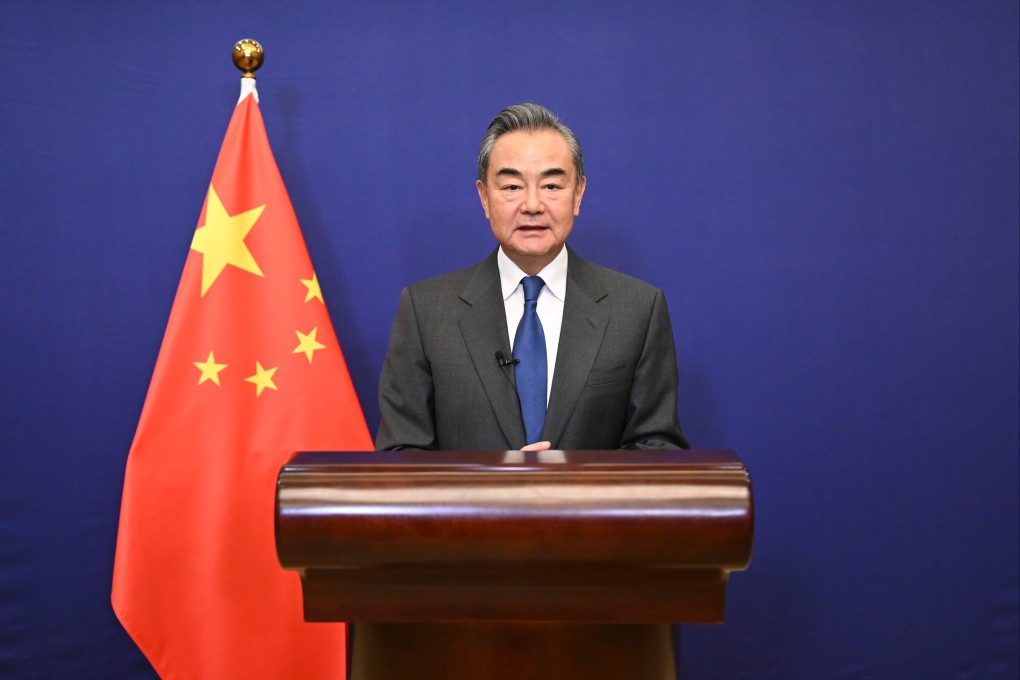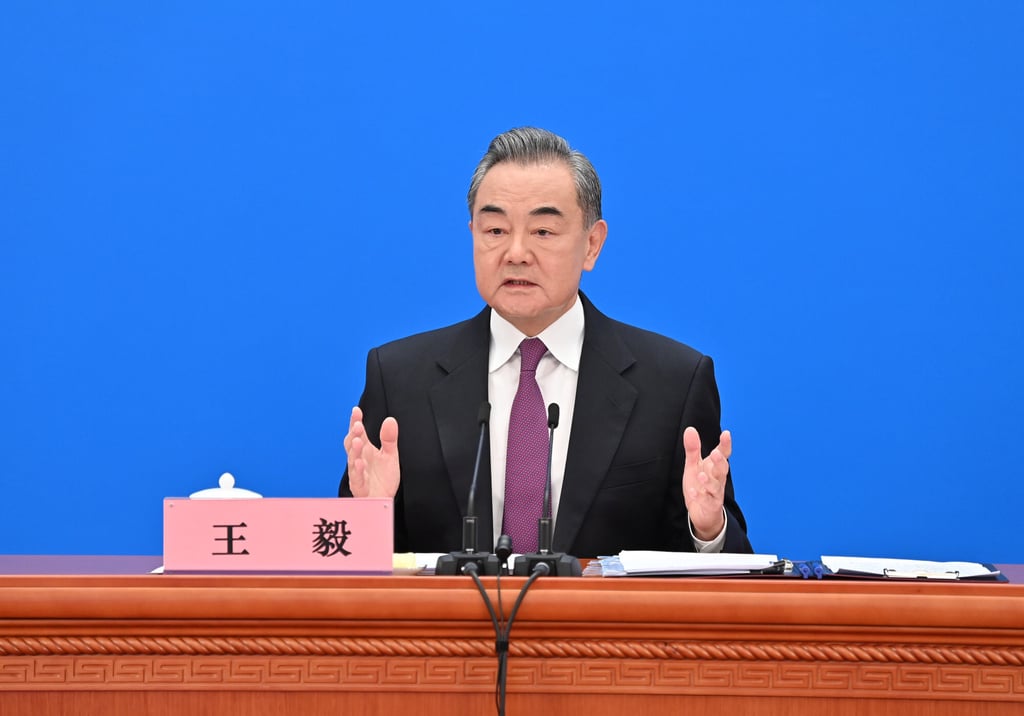Chinese Foreign Minister’s Nepal visit puts Himalayan nation in headlights of big power rivalry in South Asia
- Wang Yi is expected to kick-start at least two Belt and Road Initiative projects after Nepal accepted a US$500 million infrastructure grant from Washington
- A 25-member bipartisan US Congressional delegation will visit in mid-April, aiming to show China and India just how serious Washington is about the region


Even if the Chinese failed to stop the pact’s ratification, they have one consolation. “They’ve been successful at gaslighting anti-American sentiment here, and that sentiment won’t go away quickly,” said Santosh Sharma Poudel, co-founder of the Nepal Institute for Policy Research.
The decision to accept the money offered by the Millennium Corporation Challenge (MCC), a US foreign aid agency set up by Congress in 2004, came a day before America’s take-it-or-leave-it end of February deadline.
Debate over taking the grant, provisionally agreed five years earlier, polarised the country and sparked violent street protests.
Pro-China advocates, including Maoist leader Pushpa Kamal Dahal, better known by his guerilla name Prachanda, said the deal jeopardised Nepal’s sovereignty.
